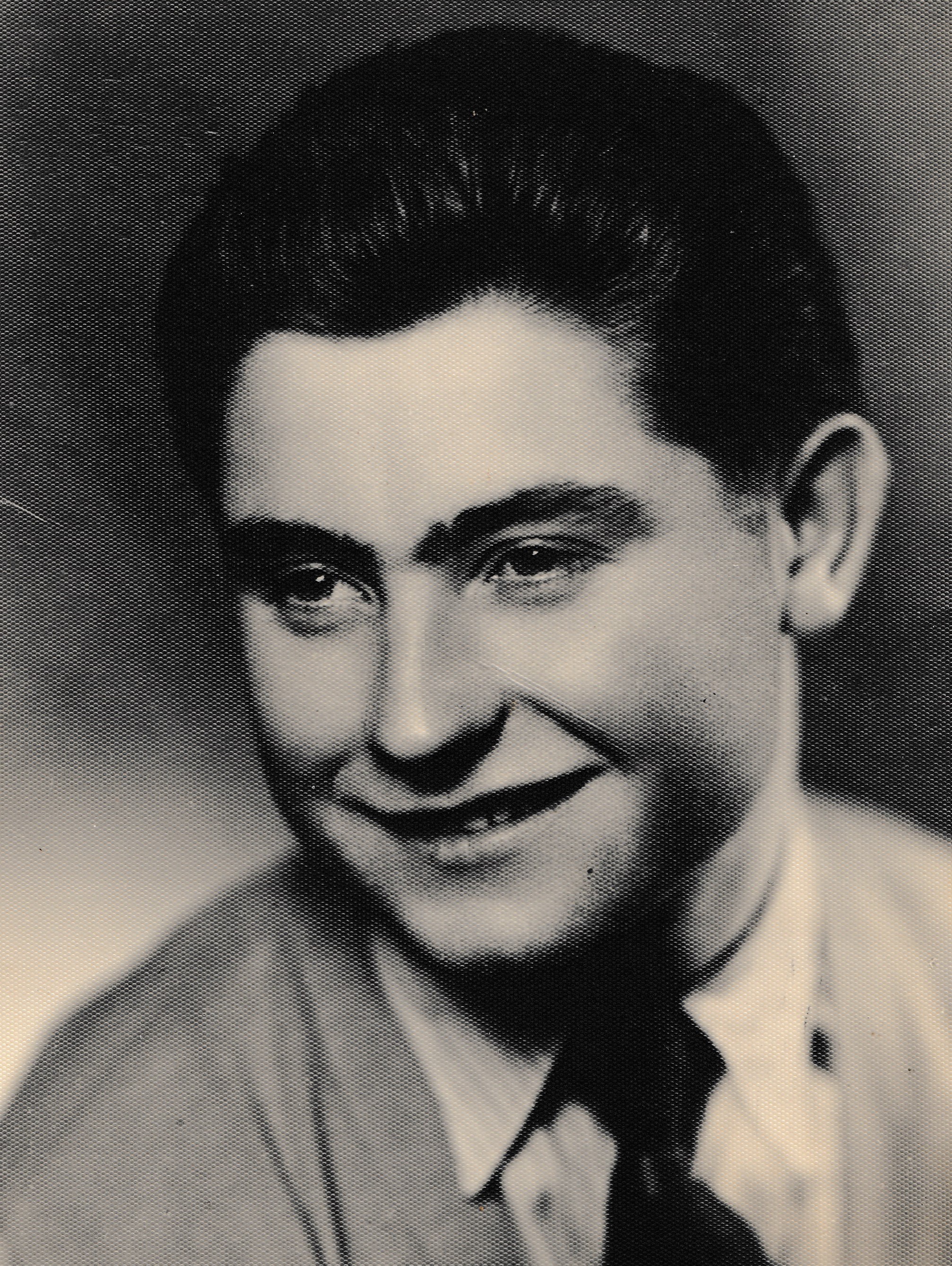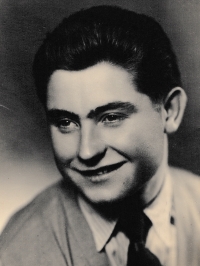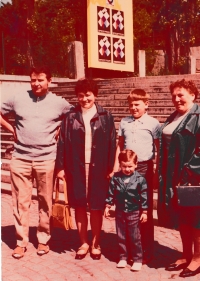The communists have hurt us a lot. But thanks to them, I met my wife

Download image
Karel Krušina was born on September 21, 1938 to Gustav and Aloisia Krušinová in Koloděje near Prague. The father had to enlist in the army two days after his son’s birth, as a general mobilization was announced. The family operated a bus service, in which the father continued after returning from mobilization until 1943, when the Nazi authorities revoked his concession due to the rejection of their offer to transport ammunition. Krušina thus lost their livelihood and moved to his mother’s parents in Stvolová in the Svitavy region on the border of the Protectorate and the Sudetenland, where they remained until the end of the war. Shortly after the war, father Gustav Krušina died and Gustav’s mother decided to stay with her sons at her parents’ house. After a while, however, she moved back to Koloděje with her children. She applied for the return of the bus concession, which she did achieve after a long struggle with the authorities, and started her own business. The company began to prosper and Aloisie Krušinová wanted to build a new house for the family, including garages for buses. However, the year 1948 came and the Communists took over the government. The unfinished house, garages, road transport, and even the farm inherited from her parents in Stvolová’s mother were nationalized. At least she managed to save her home in Stvolová, where she moved back with her sons. Gustav’s mother tried to restore the farm and the fields were sown. Soon, however, a unified agricultural cooperative was formed in the village, and officials called Aloisia Krušinová to join it. She refused, and the whole family lost their food stamps for three months. Shortly afterwards, in 1953, a monetary reform took place, and Krušinas thus lost all the savings that were to be paid for her younger son Karel’s studies at the automobile school in Mladá Boleslav. He immediately had to finish school and start working to help his mother support the family. He started working and learning at the Sandrik company in Moravská Třebová, where he remained until his retirement. With a vision of a better life, the witness joined the Communist Party in 1960. However, due to disagreement with the entry of the occupying forces in 1968, the officials expelled him from the party and because of that he also experienced bullying in the workplace. However, he moved to another department and the situation calmed down. In 1989, he briefly participated in the activities of the Civic Forum in Moravská Třebová, and soon withdrew from politics. Karel Krušina has two sons and in 2020 he lived with his wife in Moravská Třebová in a house he built in 1968 on his own.

